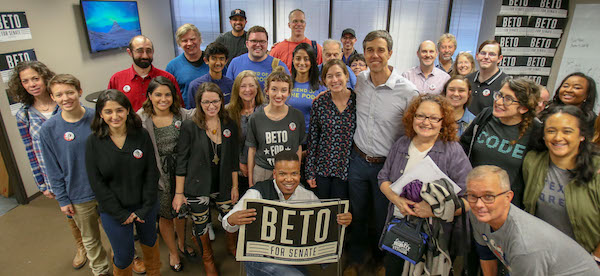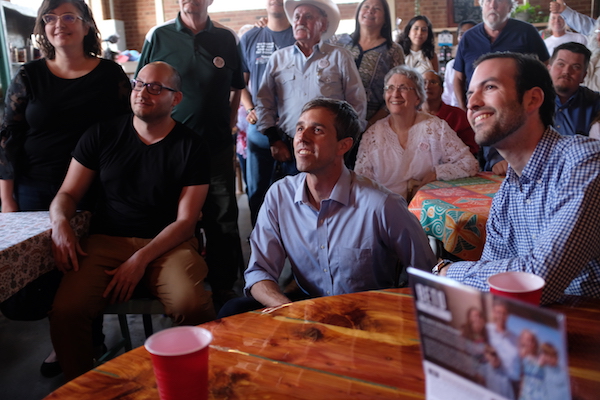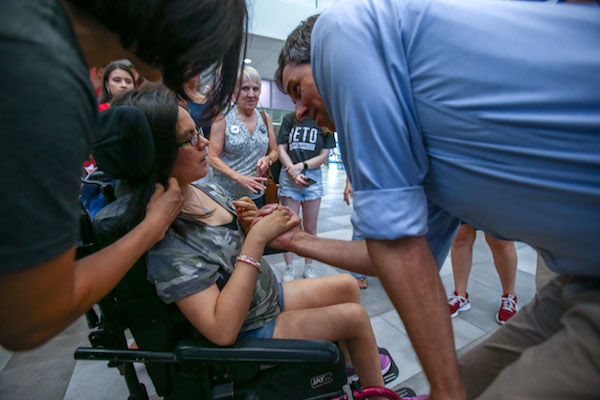When we go to RV Parks, or State Parks, we can imagine that most people probably have similar stories:
“Hey, want to go to the lake/mountains/river and have a vacation?”
“Sure,”
“Cool.”
At the Boulder County Fairgrounds in Colorado it’s different though. The fairgrounds is not a destination park unless you’re coming here for an event at the fair, and most of the time, except weekends, there is not anything going on at the fair.
So what are all those people doing there? As glad as we are to have that option for a place to stay when we can’t stay at the state park, nobody is there because it’s beautiful. It’s more like a dirt parking lot.



Most people must be there for the proximity to where they want to be, or for the price. It costs $25 a night for 50 amp hookups like we use, a little less for 30 amp electric only, and you can pull into one of the smaller sites, use the public showers and washrooms, and sleep in your rig without hooking anything up for $10 a night.
There is always a variety of new, old, and a few broken down rigs. Some rigs aren’t even rigs at all; just people sleeping in their cars. What collection of stories would make up this place? Perhaps something along the lines of John Steinbeck’s Cannery Row characters. Some people hang around their campers all day. Others come and go. Some look like they’ve been sleeping in their car for years. For three days, a nicely dressed young woman got up out of her car each morning, drove off for most of the day, then returned each night to sleep in her car again. How involved was that story? Visiting relatives? An out of towner going on job interviews? A homeless person that still had a car and hope?
We’re reminded of a couple from years ago while we were staying at Golden Shores RV Park in Long Beach, California. There was a nice grassy park out front and a few vagrants sleeping it off in the shade during the day, but there was a young couple, still in their twenties, that caught our attention. They would appear in the afternoon, suitcase in hand, and hang around a picnic table under the trees until it started to get dark. Then they would walk off toward the Los Angeles River channel (cement flood control) where people would sleep under the bridges. In the morning they would show up again, neatly dressed, suitcase in hand, and wait for their bus, ride, or whatever. What was their story? Where were they going each day? Job interviews? Public assistance? Were they trying hard for a better life? Did they ever get a break? Whatever they were doing, they hadn’t given up. They didn’t have much, but they hadn’t given up.
There is an endless stream of things to watch and wonder about. Some impressions stick with us longer than others; some for the rest of our lives. We never know which stories, real or imagined, will have such an impact until later though.

















































